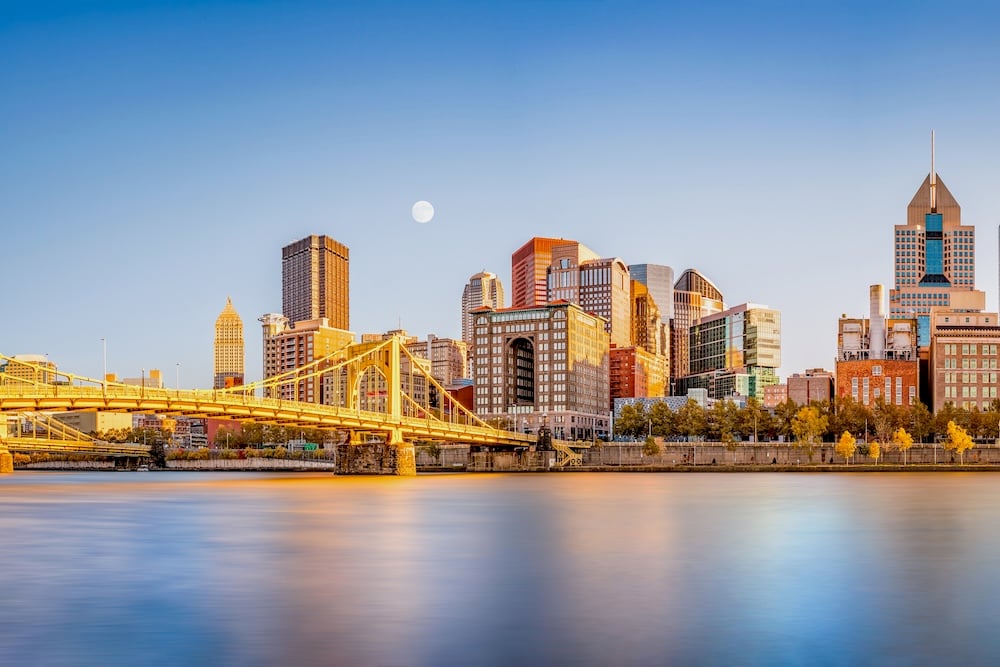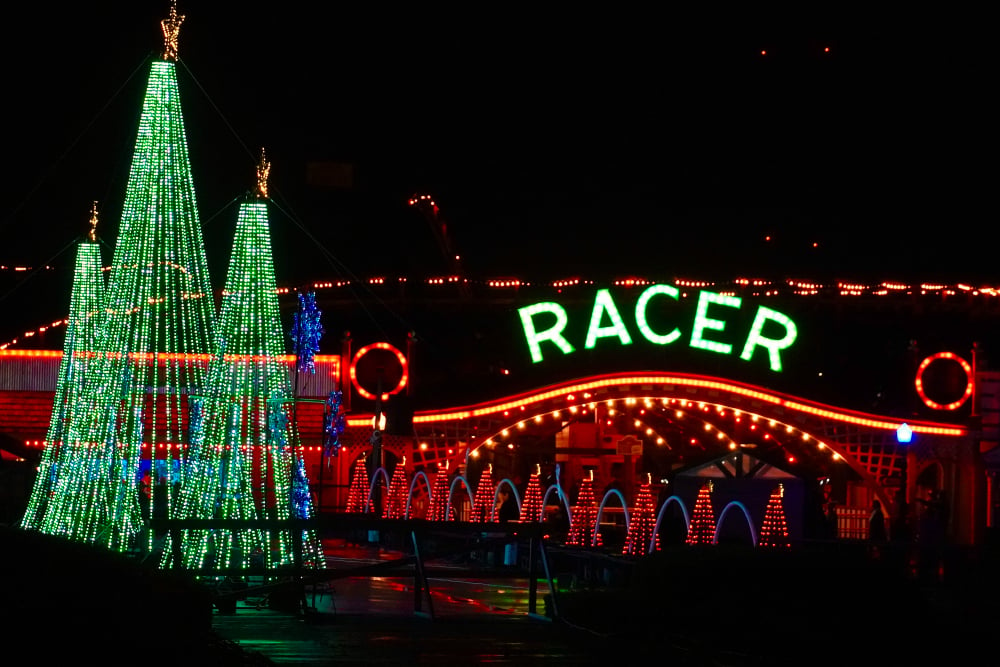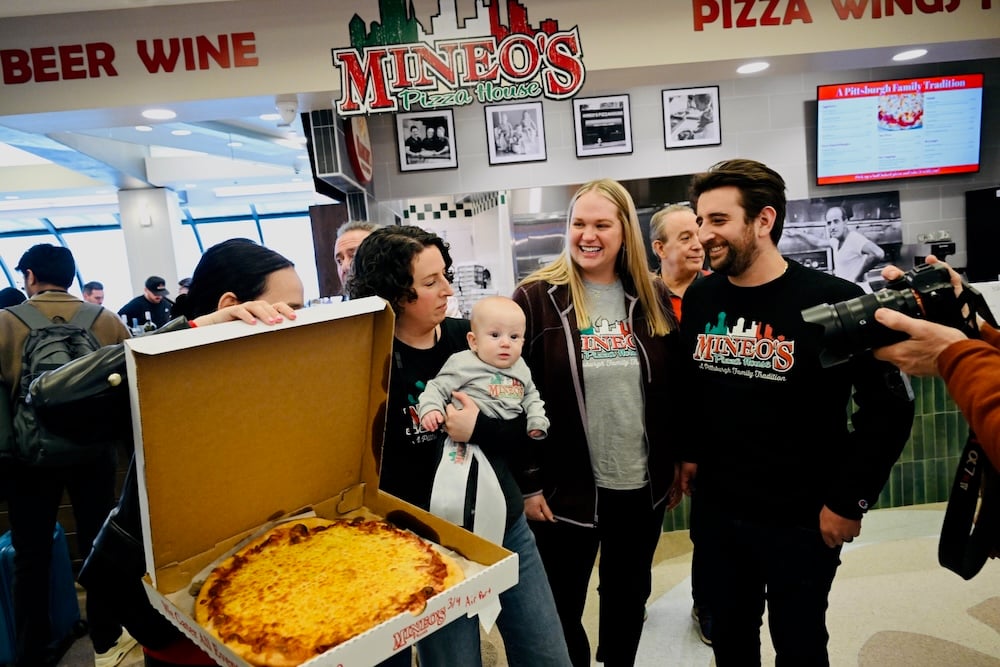Collier’s Weekly: Driving to Hemlock House to Remember David Lynch
The Regent Square bar is a testament to the influence of the late filmmaker, who died last week at 78.
I looked at my phone last week and saw two text messages from friends. They had arrived at more or less the same moment; I was driving and didn’t see them until I parked. “Are you OK?” one message said. “Have you heard the news?” the other friend asked.
I paused to consider what might’ve happened to provoke those two messages. It took less than 10 seconds of consideration: “I think David Lynch might have died,” I thought. I couldn’t think of anything else that would cause multiple people to reach out to me with those questions. I pulled up Instagram and confirmed my fears.
David Lynch, the singular artist whose work has enchanted and influenced legions of fans and fellow creators, died last week at 78. And, to answer the question in the first message I received: I wasn’t OK.
My admiration for Lynch’s work, particularly the perfect post-noir mystery “Mulholland Drive” and the enigmatic television series “Twin Peaks,” goes beyond simple appreciation. It’s more accurate to say I marvel at Lynch’s creations, which seem to be expressed in a cinematic and artistic language spoken by no one else. That’s not to say that none have tried; few filmmakers have more imitators and disciples than Lynch, to the point that the adjective “Lynchian” can be applied to a great many works.
I have yet to find any artists, however, that tap into the unspoken and unspeakable darkness that Lynch wove through his on-screen worlds. There’s a feeling to “Blue Velvet,” “Twin Peaks” and “Eraserhead” that seems to come from the ether: a blend of menace and innocence, hope and suffering, cosmic mystery and grim reality.
Perhaps that undefinable stuff does come from another place, the product of the transcendental meditation that Lynch loved — and shared with the world, through the David Lynch Foundation. Perhaps he really did tap into something in the great, collective unconscious. Or perhaps he was that rare thing, the truly singular artist: one with gifts that no one else can replicate.
As I reeled from the news of his passing, I told the friends who texted me to meet me at Hemlock House, the “Twin Peaks”-inspired bar in Regent Square. As I drove through a cold night to meet them — pausing to gaze at every streetlight swinging in the breeze, one of those innocent images made sinister in Lynch’s work — I counted myself fortunate at having a place to go. Hemlock House is a permanent tribute to Lynch’s signature aesthetic, from the shadowy pine trees on the wall to a soundtrack filled with songs from his shows and movies.
Lucky though Pittsburgh-area Lynch fans are to have Hemlock House, we’re not uniquely privileged. There are bars and restaurants all over the world designed with “Twin Peaks” or “Lost Highway” in mind. I’ve seen more than one very good band dedicated to songs from Lynch shows and films. Celebrations of the artist stretch from high culture — exhibitions of his visual art — to costume contests and midnight film screenings.
Year-round, an event inspired by Lynch is never far away. Both Hemlock House and Grim Wizard Coffee in Allentown were already in the process of booking events to celebrate Twin Peaks Day, an unofficial holiday marking the beginning of the show’s fictional timeline. A little more than a year ago, I went to Dormont’s Row House Hollywood Theater to watch “Mulholland Drive” and to hear a performance by the torch singer Rebekah Del Rio, who made a pivotal appearance in that film and turned up on the revival of “Twin Peaks.” I’ve twice made the trip to the Mahoning Drive-In outside Jim Thorpe, Pennsylvania, for weekend-long marathons of Lynch’s films accompanied by appearances from his collaborators.
His influence is clearly pervasive, a remarkable feat for someone who never had a big hit movie, never won a competitive Oscar and only briefly drew meaningful ratings on television. This slow-burn appreciation — a devotion that spreads from person to person over years and decades — can, in many places, be labeled as a cult following. While that accurately describes the intense feelings I and many others have for Lynch, it’s something more than that in this case: a community not simply of aficionados, but of those who are transformed and pushed forward by the mysteries Lynch presents.
Last week while at Hemlock House, I ordered a Black Lodge Manhattan and stared at the photos of Special Agent Dale Cooper and Audrey Horne that hang on the wall. Sitting there, awash in the sights and sounds of “Twin Peaks,” felt like a fitting tribute.
I thought of a saying coined by Lynch that has become almost a zen koan to fans: “Keep your eye on the donut, not the hole.” As is often the case with things he said or made, I don’t know quite what he meant. But I get the idea, even if I’ll never be able to put it into words.
I’m still not OK. But I’ll keep focusing on the donut.















